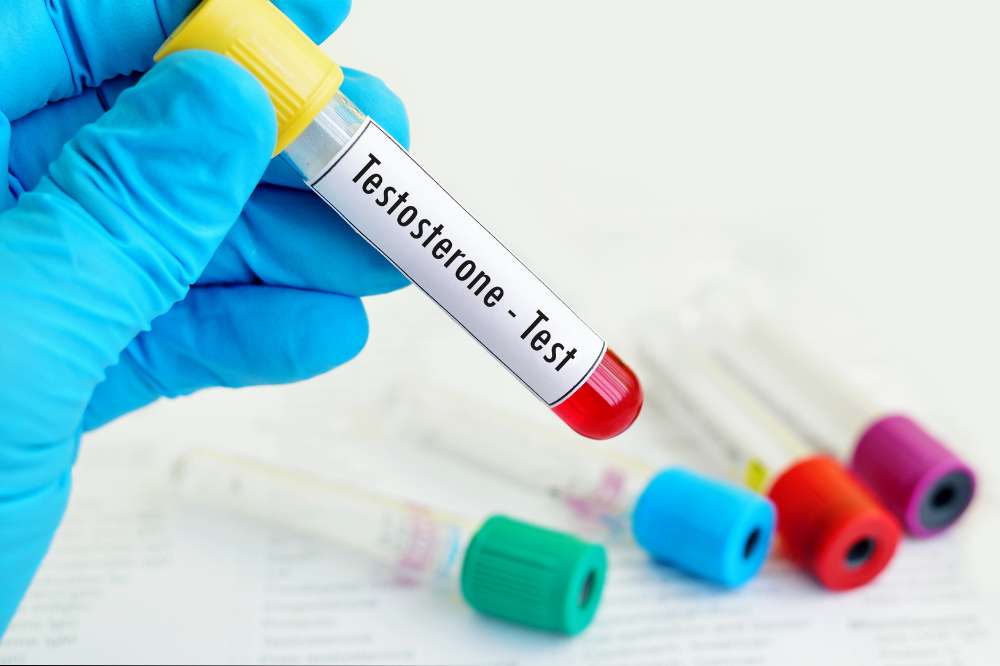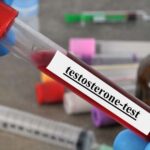Hormone replacement therapy (HRT) is a topic that often raises questions, especially when it comes to distinguishing between general HRT and specific hormone treatments like testosterone therapy. At St. Johns Wellness, we’re committed to providing comprehensive information to help you understand the nuances of different treatments and how they can impact your health.
What is Hormone Replacement Therapy?
Hormone Replacement Therapy, or HRT, is a treatment used to alleviate symptoms caused by hormone imbalances or declines in hormone production, which can occur due to aging, medical conditions, or surgeries that affect the endocrine glands. HRT is commonly associated with menopause treatment in women, where it helps to replace estrogen that the body no longer produces at sufficient levels. However, HRT can also refer to other types of hormone treatments.
Types of Hormone Replacement Therapy
HRT encompasses a range of treatments aimed at restoring hormonal balances. These include:
- Estrogen Therapy: Often prescribed to women experiencing menopausal symptoms, such as hot flashes and bone density loss.
- Progesterone/Progestin Therapy: Used alongside estrogen therapy to prevent endometrial cancer in women who have not had a hysterectomy.
- Testosterone Replacement Therapy (TRT): Aimed at increasing testosterone levels in individuals, usually men, who have low testosterone due to medical conditions like hypogonadism or age-related decline in hormone production.
Is Testosterone Replacement Therapy the Same as HRT?
While testosterone replacement therapy (TRT) is a type of HRT, they are not the same. TRT is specifically focused on the supplementation of the testosterone hormone in individuals where low levels are affecting health, and physical, and psychological well-being. This form of therapy is most commonly prescribed to men, but can also be used in women under specific medical circumstances.
Benefits of Testosterone Replacement Therapy
Testosterone therapy can offer numerous benefits, particularly for those who have been diagnosed with low testosterone levels. These benefits may include:
- Improved Mood and Energy Levels: Testosterone plays a crucial role in regulating mood and energy. Treatment can help alleviate symptoms of depression and fatigue.
- Increased Muscle Mass and Strength: Testosterone is vital for muscle growth and maintenance, making TRT beneficial for physical conditioning.
- Enhanced Libido: Testosterone levels are closely tied to sexual desire; thus, replenishing low levels can improve sexual function and libido.
- Bone Density Improvement: Testosterone helps maintain bone density, which can protect against fractures and osteoporosis.
Who Can Benefit from Testosterone Therapy?
Testosterone therapy isn’t for everyone. It’s specifically designed for individuals who have medically confirmed low levels of testosterone accompanied by symptoms affecting their quality of life. Patients interested in TRT should undergo a thorough medical evaluation by healthcare professionals like those at St. Johns Wellness, where we ensure the treatment is appropriate and safe based on your health profile.
Considerations and Risks of Testosterone Replacement Therapy
Like any medical treatment, TRT comes with potential risks and side effects, which may include:
- Acne or Oily Skin
- Sleep Apnea
- Increased Red Blood Cell Count
- Possible Acceleration of Prostate Cancer Growth
These risks underline the importance of being under medical supervision when undergoing TRT. Regular monitoring and adjustments to the therapy may be necessary to mitigate potential side effects.
Conclusion
While testosterone replacement therapy is a form of hormone replacement therapy, they are not identical. Each type of HRT, including TRT, is tailored to meet specific hormonal deficiencies and health conditions. At St. Johns Wellness, our aim is to provide personalized care and detailed information to help you make informed decisions about hormone therapy options. Whether it’s estrogen, progesterone, or testosterone, understanding the benefits and risks is crucial to managing your health effectively. If you think you might benefit from any form of HRT, including testosterone therapy, consult with healthcare providers who can guide you through the complexities of these treatments and help you achieve a better quality of life.





